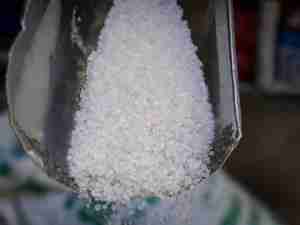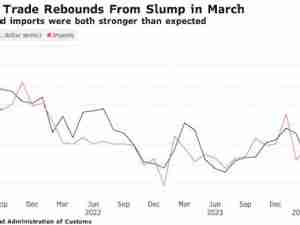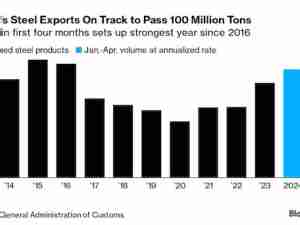With many of Western Canada’s main crops caught up in trade disputes, farmers probably will stick to their rotations this year and focus on balancing the books rather than chasing cash crops, according to FarmLink.
“Most of the crops that Canada grows, we would be looking at prices that would be either below the average price we see this year or at the average price,” Neil Townsend, a senior analyst at FarmLink in Winnipeg, Manitoba, said by telephone.
Crop rotations help replenish soil nutrients and stop the spread of disease. Most farmers follow a multi-year rotation of a cereal, pulse and oilseed, although staple crops in all of those categories are facing trade issues.
In previous years, farmers have switched into more lucrative options such as canola, Canada’s largest crop. Canola is facing export issues after top buyer China slowed imports and suspended at least one Canadian company’s export approvals.
Lentil acreage fell last year after Canada’s largest buyer, India, restricted imports in an effort to support local farmers. Durum wheat, a staple cereal crop, is facing reduced exports after Canada’s largest customer Italy implemented customer of origin labeling laws, driving down domestic pasta sales made from Canadian durum









